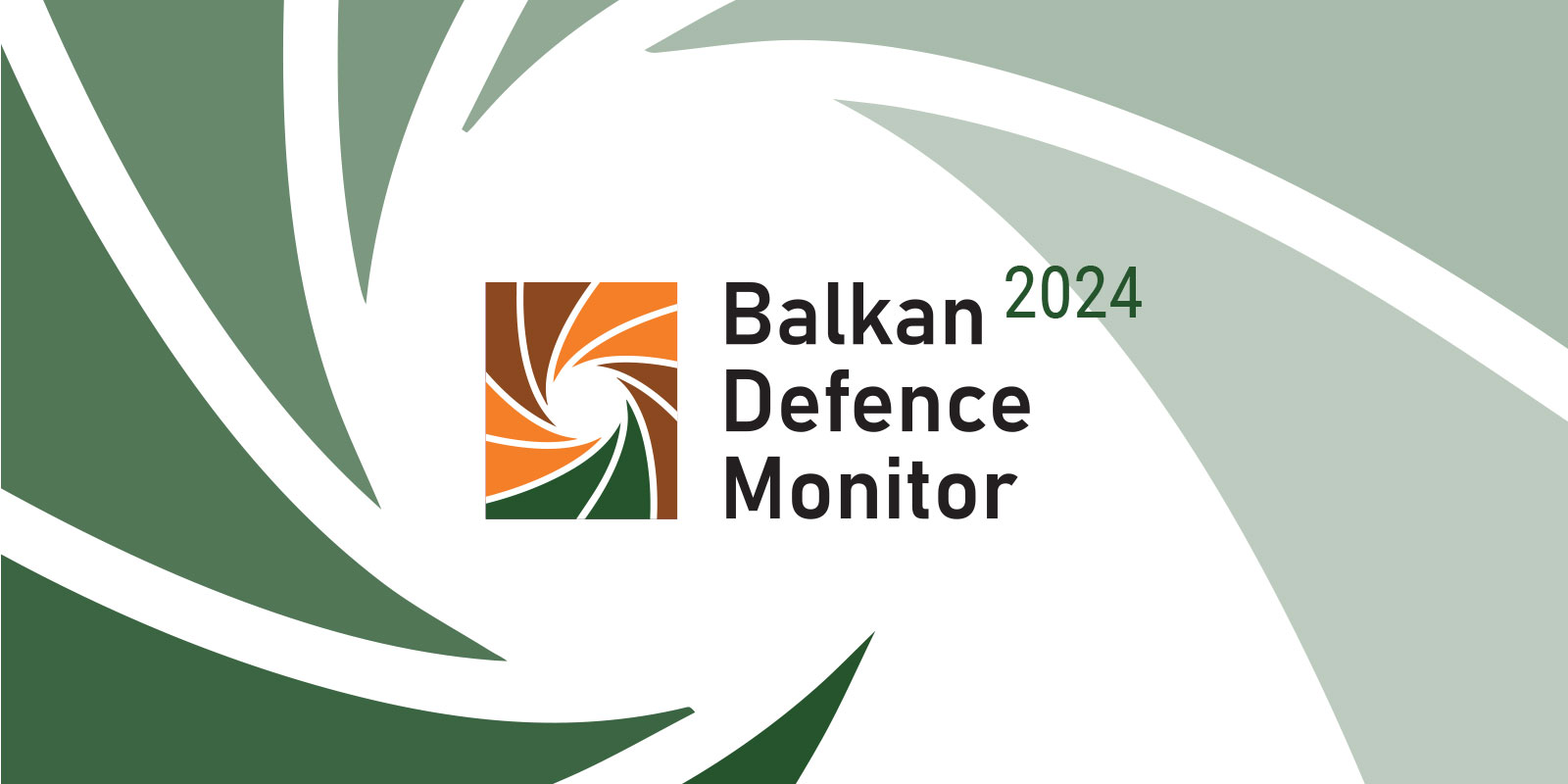PUBLICATION: Analysis
The Security Sector in the State of Emergency: Testing Democracy
This analysis by the Belgrade Centre for Security Policy (BCSP) concludes that during the 52 days it spent in a state of emergency, Serbia failed the test of democracy, thanks to a series of failings and irregularities in the conduct and control of the security sector.
The police did not always conduct themselves professionally, proportionately and as politically neutral agents primarily concerned with the needs and rights of citizens. The criteria on the basis of which the Ministry of the Interior issued permits for movement during the curfew were not prescribed, which is why they were misused during the flare-lighting incident.
People who arrived in Serbia before the state of emergency was declared were often not informed that they had been placed under mandatory self-isolation. Police harassment was observed in at least three cases, with the police internal control department reacting publicly only once.
The Serbian Armed Forces were engaged in a large number of tasks, which was significant due to the weak capacity of the civilian authorities to respond to natural disasters on their own. Nevertheless, coordination with the civilian authorities took place informally and primarily through the President of the Republic. No decision on the use of the Serbian Armed Forces has been published, so it is not clear who decided how they will be deployed. The military took on public security assignments for which it lacks training and clear procedures, which proved to be a problem particularly when it came to securing refugee and asylum centres. Members of the armed forces were not sufficiently well protected from the COVID-19 infection.
The negative trend of pressures and threats to independent journalists and activists has continued. Several problematic arrests and detention orders have been reported, such as the cases of Ana Lalić, Jovana Popović and Slaviša Pajović.
The National Assembly was further degraded. Its role has been reduced to automatically rubber-stamping decisions made by the executive branch. At the same time, MPs have been treated solely as representatives of political parties and not as representatives of all Serbian citizens. Therefore, in terms of their constitutionality and lawfulness, the decisions made by the executive during the state of emergency remain highly questionable .
The declaration of a state of emergency was not necessary for the implementation of appropriate measures to protect the population, since these could be implemented using other legal mechanisms. The fact that the state of emergency is regulated in more detail in the Law on Defence than any other act makes it clear that it was originally envisaged as a response to military threats, not natural disasters. Orders prohibiting movement were issued by the Minister of the Interior, although restrictions on the constitutional rights of citizens during a state of emergency are supposed to be prescribed by a decree issued by the Government and co-signed by the President.
Serbia has an opportunity to take the test again if the Constitutional Court reviews the constitutionality of executive decisions as soon as possible and if the National Assembly, the Ombudsman and internal control bodies review the conduct of the police and the armed forces during the state of emergency. The Prosecutor’s Office and the Ombudsman should, within their competencies, review the arrests of journalists and activists. The European Union should take into account the political context and the institutional response to the epidemic when drafting its next report on Serbia’s progress. In the long run, the spread of COVID-19 is a reminder to institutions of the need to reform the current emergency management system.
Tags: COVID19, military, pandemic, police, state of emergency
DETAILS
AUTHORS
SHARE
PDF PREVIEW
RELATED

Date: 27.02.2024.
Author: Belgrade Centre for Security Policy |
We present you the new Balkan Defence Monitor - independent and comprehensive source of information regarding defence topics in the region.

Date: 25.12.2023.
Author: Belgrade Centre for Security Policy
After the multiple murders that took place on 3 and 4 May 2023, the Government of Serbia adopted a series of measures to improve gun control and increase safety in schools and among youth. The aim of this study is to evaluate the implementation and effectiveness of these measures. The research was based on different sources of data: the state authorities’ official reports, expert literature, media reports, interviews conducted ...

Date: 30.05.2023.
Author: Filip Ejdus | Vuk Vuksanović |
What are contributing factors to the rise of drones in the Balkans and how might they change the military balance of power in the region? Find out in the BCSP analysis written by the BCSP Senior Researcher Vuk Vuksanović, and Filip Ejdus, a professor in security studies at the Faculty of Political Science, University of Belgrade and the Member of the Executive Board at the BCSP.






